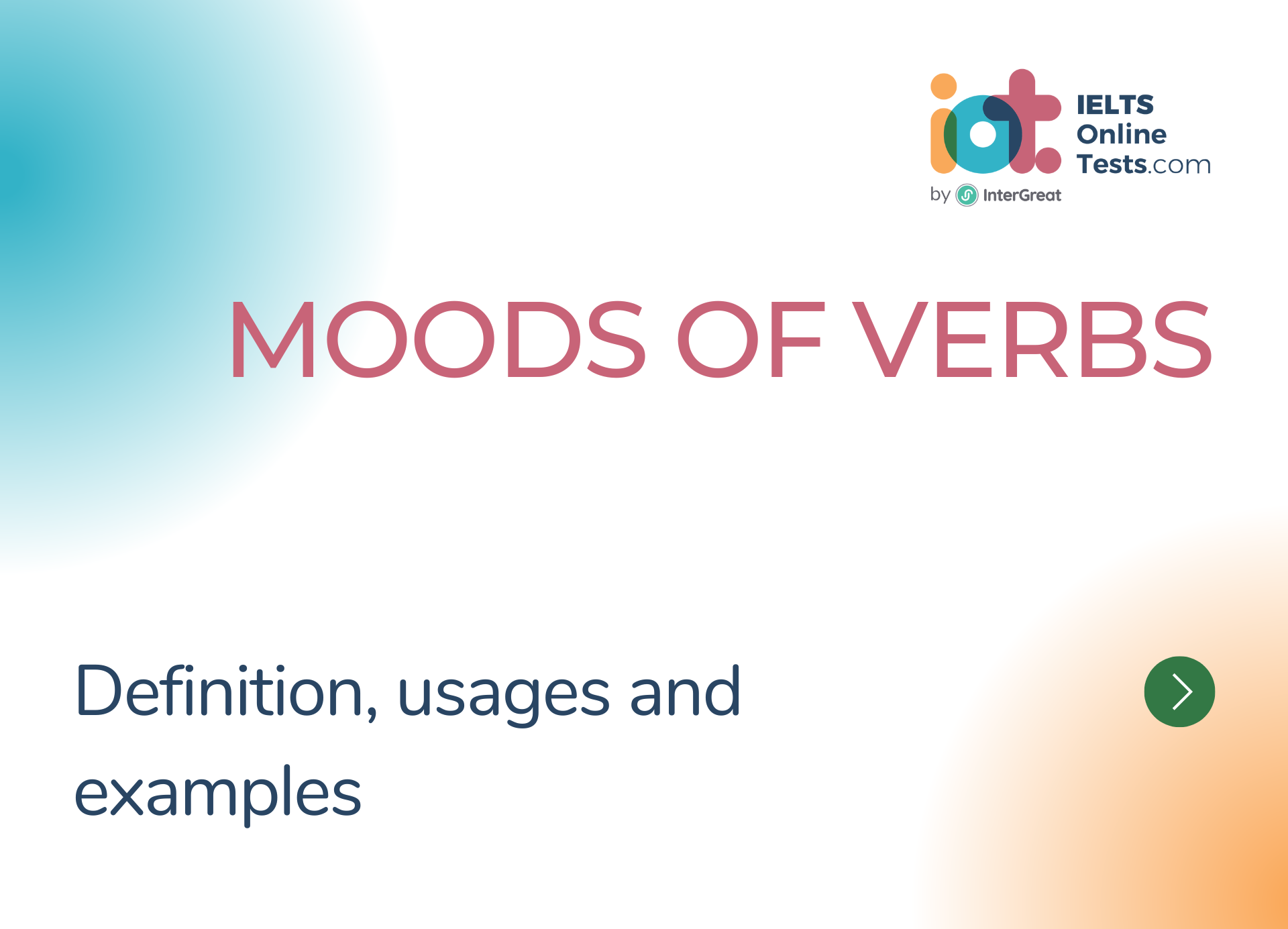
Moods of Verbs
Verbs in English can convey different moods, which indicate the speaker's attitude or the intended manner of the action. The three primary moods of verbs are the indicative mood, the imperative mood, and the subjunctive mood.
Here's an overview of each mood:
- The indicative mood is the most common and is used to make statements, ask questions, and provide information.
- It expresses facts, statements, opinions, certainty, and reality.
- Example:
- He is going to the store.
- She is studying for her exams.
- Did you finish your homework?
- The sun rises in the east.
- The imperative mood is used to express commands, requests, or instructions.
- It is typically used when giving direct orders or making requests.
- Example:
- Please close the door.
- Close the door, please.
- Be quiet during the presentation.
- Pass me the salt, please.
- The subjunctive mood is used to express hypothetical, unreal, or contrary-to-fact situations, wishes, recommendations, and suggestions.
- It is often used in formal or literary contexts, and its usage is more limited in modern English.
- Example:
- If I were rich, I would travel the world.
- If I were you, I would take that job.
- I wish I had more free time.
- It is important that he arrive on time.
It's important to note that the subjunctive mood is less commonly used in modern English, and in many cases, the indicative mood is used instead. However, the subjunctive mood is still encountered in certain fixed expressions, formal writing, and specific grammatical structures.
Understanding the moods of verbs helps to convey the intended meaning and tone in different situations. Pay attention to the mood of the verb when constructing sentences to ensure that it aligns with your intended message or purpose.




